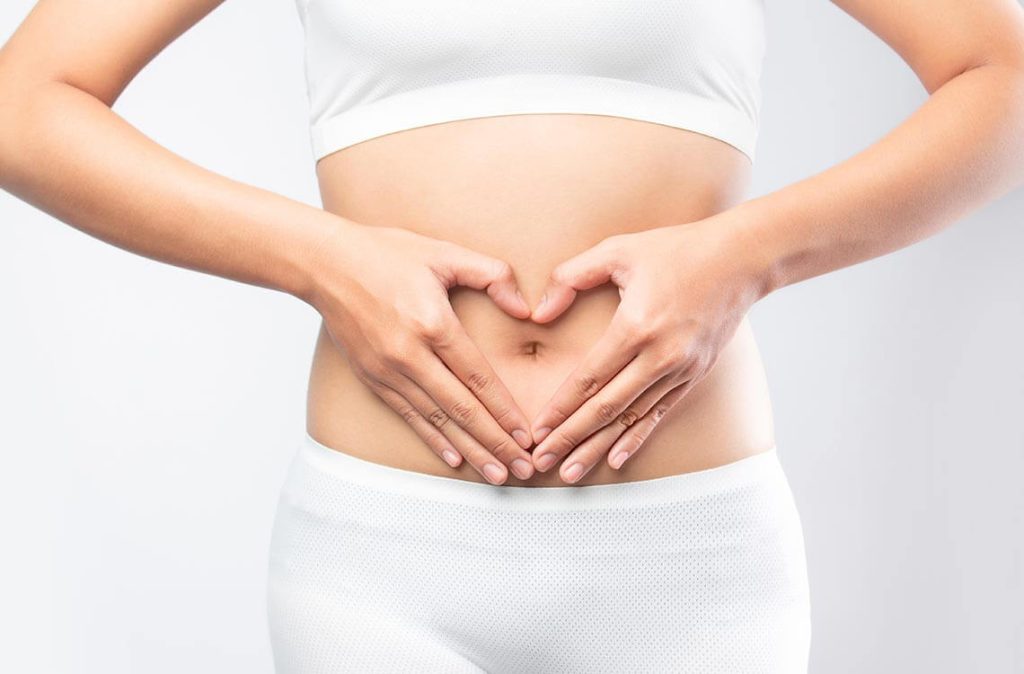Our bowel movements tell us a lot about our health. They could be the early indicator to tell us that something is wrong with our bodies.
Whether we’ve accidentally consumed something bad, when we don’t take care of our diets, and even when we undergo important physical changes. For example, pregnancy.
We went to the streets to pick the brain of Malaysian mums to learn more about how they deal with unpleasant bowel activity, be it for themselves or their children.
The two topics of interest? Pregnancy constipation and childhood diarrhoea.
Pregnancy Constipation
Pregnancy affects many parts of a woman’s body.
Between frequent urination, swollen feet and morning sickness, there is no shortage of symptoms that come with having a human being grow inside you.
When it comes to bowel movements the main culprits are threefold:
- Hormonal changes
Increase in progesterone levels causes the muscles in the digestive tract to relax, slowing the movement of food in the intestines
- Pressure
As your baby grows, the weight puts pressure on your bowels, making it difficult for them to pass along wastes
- Reduced physical activity
Many women, especially in the later stages of pregnancy, tend to remain sedentary, leading to slower bowel movements.
What Helps Pregnancy Constipation
Our Malaysian mums share what they did to address pregnancy constipation. Some of them you may have heard before.
Here are just some of their tips and tricks for getting things moving again:
- Hydrate
While drinking extra water won’t necessarily have a laxative effect, it’s important to stay hydrated to prevent constipation.
- Eat fruits
Fruits are rich in soluble fibre which acts as a natural laxative. One mum even recommended bananas, which is a rich in soluble fibre, the kind that definitely helps soften stools. According to one study, kiwi fruits, of all things, seem to be the most effective option.
- Night walks
Regardless of what time of day you choose to engage in physical activities, exercise is definitely a good way to help move things along. According to this research, aerobic exercises are the best when it comes to relieving constipation.
- Milo / Cocoa
On the list of strange tips for constipation, this may be on the top 3. But you may be surprised since there’s some validity to this. Cocoa powder may act a natural laxative due to its rich soluble fibre content.
However, if you really want to deal with constipation quickly and safely, you may consider taking laxatives. But not just any kind, of course.
Available options could be osmotic laxatives such as macrogol 4000; stimulant laxatives such as bisacodyl or even enema.
A safe option would be one which will not be absorbed by our bloodstream. You could talk to your healthcare professionals to find out more.
Childhood Diarrhoea
On the other end of the spectrum, we have diarrhoea which everyone experiences regardless of age.
But when children experience it, it can be a bit more concerning.
These are what may cause it:
- Viral infection
Rotavirus and norovirus are two of the main culprits for diarrhoea. They’re highly contagious and can spread easily in day-care centres and schools.
- Bacterial infections
E. coli, Salmonella, and Campylobacter can also cause diarrhoea in children. They spread through contaminated food or water, or through contact with animals or their faeces.
- Food intolerances
Food intolerance such as lactose or gluten is another contributing factor of diarrhoea. In fact, even eating spicy foods can contribute to the same issue as well.
- Bowel disorders
Inflammatory bowel disease (IBD), celiac disease, or irritable bowel syndrome (IBS) can cause chronic or recurrent diarrhoea in children.
- Spicy food
Capsaicin in spicy food triggers pain receptors in the bowels. To protect itself, the gut purges itself to get rid of the irritants.
What Helps Childhood Diarrhoea
We took to the streets once more to ask Malaysian mums what they do when their kids are experiencing diarrhoea.
Here are some of their advice to help slow down the flow and restore balance.
- Hydrate
Just like with constipation, drinking water is important. It wouldn’t cure diarrhoea but it helps to keep you from being dehydrated when you lose a lot of fluids.
- Eat simple food
Sometimes food is the cause of diarrhoea, but it can also be the cure. Bland food could help not only rehydrate the body but also give the stomach a break.
- Probiotics
Studies show that probiotics help shorten the duration of diarrhoea episodes in children and accelerate recovery.
- Medication
A trip to the doctor will usually help address a bad case of diarrhoea. One mum uses an over-the-counter anti-diarrhoeal that is suitable for both children and adults.
Diarrhoea can result in dangerous symptoms if left untreated. One of the suitable ways to solve this is with an anti-diarrhoeal.
Soothing the Tummy Troubles
We may often neglect our bowel health until it’s too late.
But just because we’re constipated or suffering from diarrhoea, it doesn’t mean we have to suffer through it all the time. Not in this day and age of modern medicine.
With any luck, we won’t ever have to worry about either constipation or diarrhoea, and all it takes is a little over-the-counter help and a little patience.
Sources:
- Johns Hopkins Medicine
- National Center for Biotechnology Information (NCBI)
- National Health Service United Kingdom (NHS UK)
- National Institutes of Health (NIH)
- Penn Medicine
- PubMed
Disclaimer: The information provided in this article is for informational purposes only and should not be considered as medical advice from Motherhood. For any health-related concerns, it is advisable to consult with a qualified healthcare professional or medical practitioner.
For more insightful stories and fun recipes, stay tuned to Motherhood Story!
